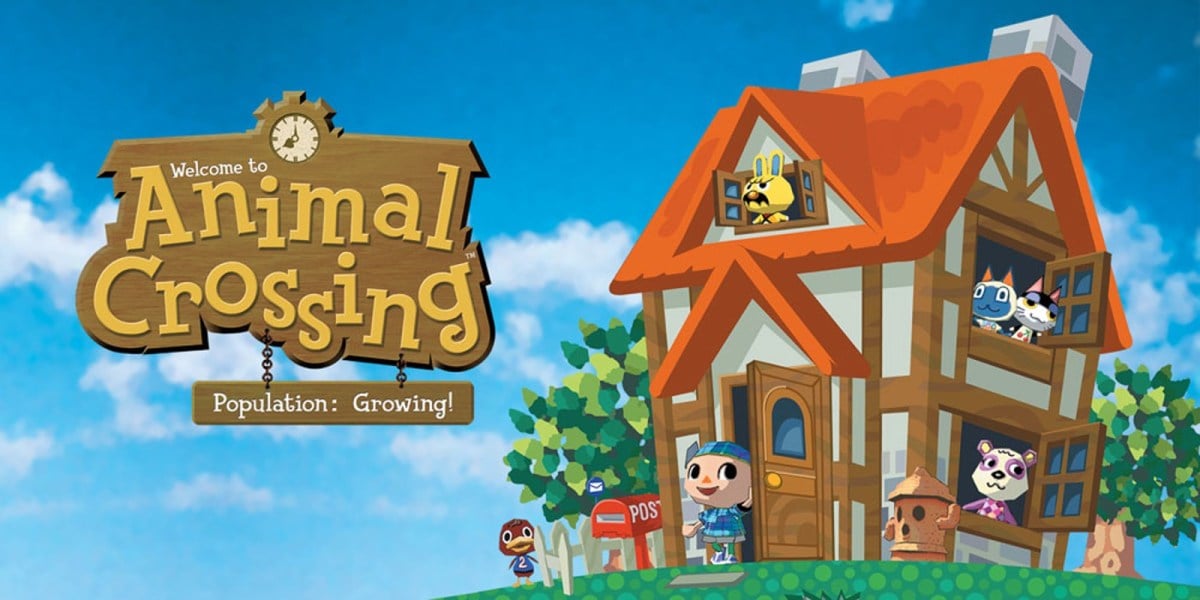China is once again cracking down on video games with new political censorship that will ban international online gaming for Chinese residents trying to play or communicate with people outside of the country.
A week ago, the Chinese Communist Party (CCP) banned Nintendo’s Animal Crossing: New Horizons following several users using the game’s online functionality and customization to advocate for the “Free Hong Kong” movement.
Hong Kong activist Joshua Wong was one of the first to post an image regarding political protests on April 2, which eventually led to the game being banned on April 10. But now, China is stepping in and trying to impose the harshest gaming ban ever.
The ban will include games that incorporate words like zombies, doomsday, kill, death, ghost, and evil in almost any form, according to multiple news sources, including the Taiwanese publication Liberty Times.
Any game with character customization, open chats, or guild systems will be overseen by the Chinese government to ensure that they don’t promote “ideals that would promote the split of the motherland.”
“The idea of ’promoting the split of the motherland’ confirmed in disguise that there are players gathering in Animal Crossing and satirizing the Chinese Communist Party and Xi Jinping, which is indeed the reason why this game was removed,” Liberty Times reporter Huang Jingchun said. “The draft of the ban has already appeared in Beijing, Shanghai, Guangdong, and other municipalities, and it is expected that it will be extended to all of China in the near future.”
All players participating in online games will now be forced to use their real names instead of usernames or other alternate titles, even if the online infrastructure of a game is minimal or optional (like for Dark Souls, for example). The CCP is also going to ban worldwide servers in most titles to keep players from interacting with other players in foreign countries.
This means companies can no longer promote a “Global Service” functionality for their game. The CPP is essentially demanding that any game that has such a feature “go offline and delete the relevant function in time.”
China is known for its strict gaming policies, which include limiting the amount of time minors can spend playing games of any kind—90 minutes on normal days and three hours on legalized holidays. But other areas, such as hardware sales, have become laxer as both the PlayStation 4 and Nintendo Switch are now being sold in China directly.
The official documentation behind the ban says that the Chinese government will begin testing the infrastructure of certain elements for most online games, such as the real-name authentication and minor monitoring systems, as early as May. This could end up severely impacting several online titles and might have lasting effects on the gaming market as a whole depending on how strict the ban truly is.
You can read more about the other aspects of the Chinese gaming ban and what areas it will hit by reading the documentation from Chinese technology company Sina.


